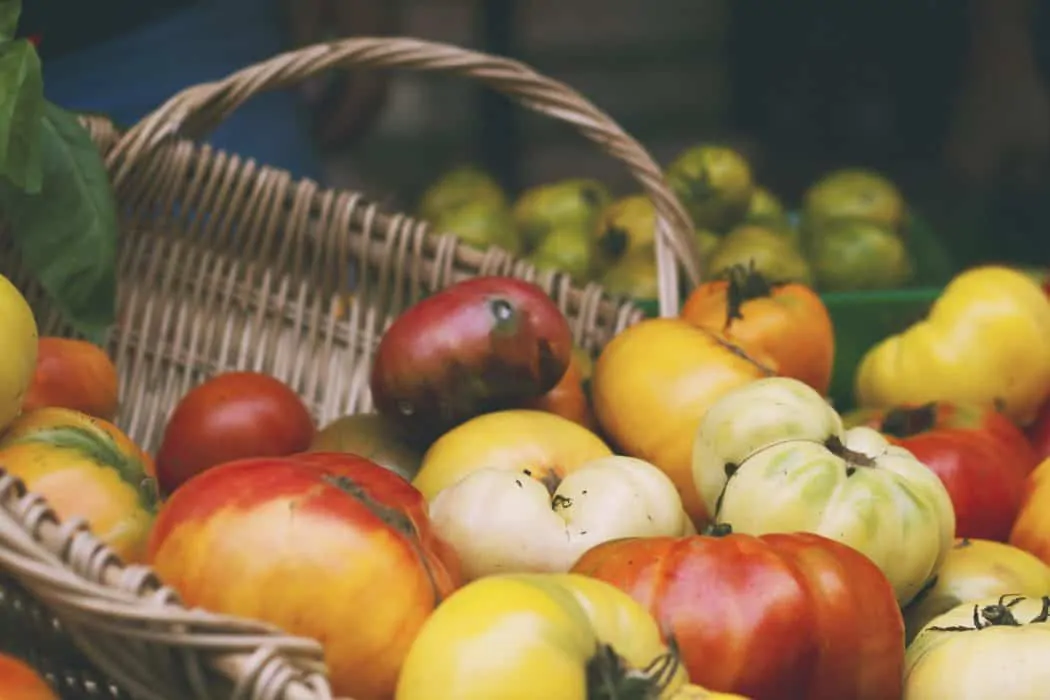How do we make sure that everyone eats? But just as importantly, how do we also make sure that the food produced is not wasted? Aubrey Alvarez works to make sure both of those questions are answered. With a background in health and wellness, Aubrey hasn’t always had a knack for food system development. She did not grow up a FarmHer but lived rurally which gave her an appreciation of where her food comes from and food waste at a young age.
Her experience in agriculture began with the role of Local Food Coordinator through a food pantry network and United Way. While working there, Aubrey realized the ideas and challenges faced around both food security and food waste were not being resolved.
That’s where Eat Greater Des Moines steps in.
The Leader in Food System Development
Aubrey is the co-founder and Executive Director of Eat Greater Des Moines, a nonprofit organization based in Des Moines, Iowa. Launched in April 2013, Eat Greater Des Moines’ mission is to unite the community in providing access to quality food for all.

Forgetting Food Waste
While the organization does not provide food directly like a food bank, their job is creating partnerships within the food system. The hope is that their partnerships will lead to win-win situations for everyone involved from farm to table by empowering community partners to connect, support one another, and move ideas forward.
The organization started with advocacy by asking the right people in the food access space where they needed to be. Aubrey and her team discovered there are a million issues to cover. However, food waste tops the list.
So why is food going to waste? Especially with the food crisis in our country.
In fact, nearly 40% of food in America is going to waste. While still, 1 in 8 adults are food insecure. From a food system perspective, those scary statistics just don’t make sense. Eat Greater Des Moines works to bridge that gap.

Food Rescue Is On The Way
They start by looking at where the food is located in their community. Grocery stores, farmers’ markets, and convenience stores are hot spots for food rescue. Because of business policies, perfectly safe food is thrown away daily. Eat Greater Des Moines partners with these businesses to obtain the food that would otherwise be thrown in the dumpster. They then pay truck drivers to pick up the partner donated food and deliver it to food banks, pantries, schools, organizations, and even affordable housing communities.
Stability for Citizens
By providing a little love and stability, Eat Greater Des Moines has provided over a million meals with safe food that was going to be thrown away anyway. On top of that, they have moved over 2 million pounds of food since April by collaborating with partners who deliver to their respective organizations. Talk about food rescue!

Cultivating Collaboration
To create collaboration in your own community like Eat Greater Des Moines, contact them on their website or their social media accounts today. They’d be happy to chat about how you can make a difference in your own community.
Everybody Eats
Find More Stories at Everybody Eats
We all eat, and that is why farming will always matter. Everybody Eats is where the stories of food and farming intersect.
These stories told through my FarmHer lens connect us to our food and more importantly, the people behind it.
Everybody Eats is a collection of stories of those who protect our rural communities, who grow our food with extraordinary care, and who provide support, education, and assistance to make sure Everybody Eats.


I liked this article because it inspired me to try to stop wasting food and this is important because 40% of food in America is going to waste and that is bad.